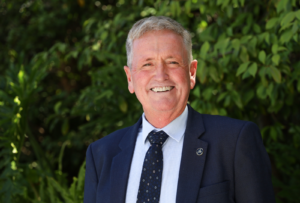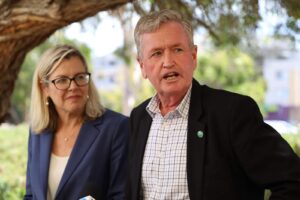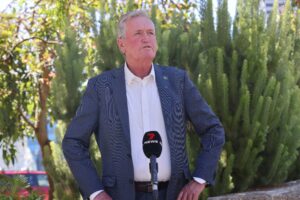While the Elective Surgery waitlist grew by a staggering 50% over the period 2017-2021, waiting times have also ballooned according to figures revealed by the Australian Institute of Health and Welfare, due to sporadic cancellation periods by the McGowan Government over the last two years.
This is another unacceptable reality of the impact of the lack of health workers across the WA health system, according to Shadow Health Minister, Libby Mettam MLA.
“The McGowan government have dragged their feet on recruiting health workers and the Health Minister’s urgent eleventh-hour efforts to desperately recruit for our under-resourced health system should have happened two years ago.
“The number of hospital admissions for elective surgery occurring in 2020-21 are comparable to 2016-17 whilst waiting lists have ballooned to 30,000 people with little growth across some surgeries being undertaken at a time when we have had no COVID-19 in the community.
“Many of the procedures that have been cancelled are delaying essential treatment for patients, many of whom are in pain, with deteriorating conditions and who cannot work or enjoy a normal life.
“Orthopaedic surgery admissions in 2016-17 were 12,521 and in 2020-21 12,330, however the average wait time at the 50th percentile was 58 days in 2016-17 and 85 days in 2021 with the proportion who waited over a year growing from 1.8 per cent in 2016-17 to 6.6 per cent in in 2020-21.
“The health of thousands of West Australians waiting for surgery continues to be ignored and treated as non-essential by the McGowan government.
The Royal Australasian College of Surgeons (RACS) have offered their specialised workforce within Day Hospitals to assist with clearing the backlog and the growing surgical waiting lists. The State Health Minister and Department of Health are yet to respond.
“Day Hospitals have worked with governments in other State to take the pressure off their health system but the blatant disregard for this opportunity to address the backlog by the Minister for Health is astounding and shows a complete lack of care and compassion.
The RACS have shared with governments that “the use of terminologies such as ‘elective surgery’ which could be interpreted as meaning ‘non-essential’, is incorrect. In time we plan to address the current categorisation system used in Australia and work towards a better system to use in the future”.
The World Health Organisation has warned against neglecting the provision of essential health services including surgical treatment. According to the Consequences of delaying elective surgery “for certain cancers, advancement to later stages can occur in as little as 4 to 8 weeks, well within projected delays of elective surgical procedures. More advanced disease at the time of surgery may result in increasingly morbid operations which are associated with higher costs associated with higher rates of surgical site infections”.
“The people of WA deserve better from a government that claim to put their welfare and safety as a priority.”


